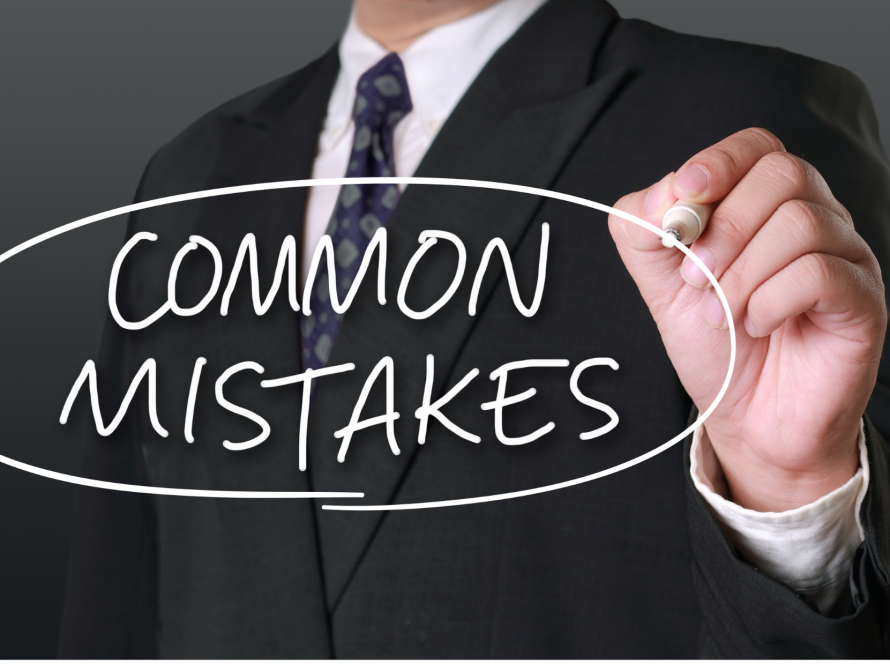Maximizing Business Growth: The Crucial Role of a CPA/Tax Accountant
A tax accounting professional or CPA is instrumental in maintaining accurate and up-to-date financial records for your business. They ensure that all transactions are recorded correctly and that financial statements, such as the balance sheet, income statement, and cash flow statement, accurately reflect the true financial position of your business. This meticulous record-keeping is crucial not only for internal decision-making but also for external reporting to investors, creditors, and regulatory bodies.
TAX PREPARATION AND COMPLIANCE
One of the primary responsibilities of a tax accounting professional is preparing tax returns. They possess the expertise to navigate the complex web of tax laws and regulations, ensuring that your business takes advantage of all applicable tax deductions and credits. Their expertise includes knowledge of filing deadlines, required documentation, and the most recent tax code amendments, which aids in preventing expensive penalties linked to non-compliance.
STRATEGIC PLANNING AND DECISION-MAKING
Beyond the numbers, tax accounting professionals offer strategic advice that can shape the future of your business. Financial analysts analyze financial data to identify trends, measure performance, and forecast future financial scenarios. This information is vital for strategic planning as it informs decisions on investments, growth opportunities, and risk management. Their insights can lead to more informed, data-driven decisions that align with your business’s long-term objectives.
FINANCIAL INSIGHTS AND ADVISORY
CPAs also serve as financial advisors, providing insights that go beyond tax preparation. They can assist in budgeting, financial planning, and identifying areas for cost reduction. Their perspective is invaluable when considering major financial decisions such as mergers, acquisitions, or business restructuring. With their understanding of your business’s financial health, they can offer customized advice to assist you in managing the financial aspects of running your business.
Optimize Your CPA Partnership for TAX Savings and Profitability
CLEAR COMMUNICATION
Establishing clear and consistent communication with your tax accountant or CPA is crucial for a successful partnership. Make sure to establish clear expectations regarding how and when you will communicate, whether it’s through email, phone calls, or in-person meetings. Be transparent about your business goals, challenges, and any changes in your financial situation. This will enable your accountant to provide tailored advice and ensure that they are always working with the most current information.
REGULAR MEETINGS
Schedule regular meetings with your tax professional, not just during tax season. These meetings can be used to review financial statements, discuss tax strategies, and address any concerns you may have. Frequent interactions will keep both parties informed and proactive in managing your tax obligations. It also provides an opportunity to adjust plans in response to new tax laws or changes in your business.
PROVIDING COMPLETE AND ACCURATE FINANCIAL INFORMATION
Your tax accountant’s advice is only as good as the information you provide. Ensure that all financial records are complete, accurate, and provided in a timely manner. This includes all income, expenses, and relevant financial transactions. Organized record-keeping will not only facilitate efficient tax preparation but also enable your CPA to identify potential tax savings or areas of concern.
LEVERAGING EXPERTISE IN TAX PLANNING
A CPA is not just a tax preparer but also a valuable resource for tax planning. Work with them to understand the tax implications of business decisions and develop strategies to minimize your tax liabilities. This might involve timing income and deductions, choosing the right business structure, or taking advantage of tax credits and incentives. By leveraging their expertise, you can make informed decisions that enhance your business’s profitability.

Selecting Your Ideal Tax Expert; Qualification, Experience, Fit
UNDERSTANDING QUALIFICATIONS AND CERTIFICATIONS
When selecting a tax professional or CPA, it is crucial to verify their qualifications and certifications. Ensure that the individual is licensed and in good standing with the appropriate state board of accountancy. For a Certified Public Accountant (CPA),, this means they have passed the Uniform CPA Examination and met educational and experience requirements. Additionally, look for professionals who engage in continuing education to stay current with tax laws and accounting practices. Certifications such as the Enrolled Agent (EA) status, which is a federal-level certification granted by the IRS, can also be a sign of a tax professional’s dedication to their field.
EVALUATING EXPERIENCE AND SPECIALIZATION
Experience is a crucial factor in selecting a tax professional. You want someone who has a track record of dealing with tax situations similar to yours. If your business operates in a niche or specialized industry, it’s beneficial to work with a CPA who has experience in that sector. They will be more familiar with the specific tax challenges and incentives related to your business. When interviewing potential candidates, inquire about their experience working with businesses similar in size and structure to yours. Additionally, ask for references or case studies showcasing how they have applied their expertise.
ASSESSING REPUTATION AND RELIABILITY
A tax professional’s reputation can offer insight into their reliability and the quality of their work. Seek recommendations from other business owners, especially those in your industry. Online reviews and ratings can also be informative, but they should be taken with a grain of salt as they may not always provide the full picture. Professionalism, punctuality in communication, and a track record of submitting accurate and timely filings are all signs of a reputable CPA.
GAUGING INDUSTRY UNDERSTANDING
Your tax professional should have a solid understanding of your industry’s unique financial landscape. It is important for them to be aware of the tax regulations, compliance requirements, and common financial practices within your field. This knowledge is essential for providing accurate tax advice and for identifying potential tax savings or credits specific to your industry. During the initial consultations, ask specific questions to assess their familiarity with your industry and listen for insights that showcase their expertise.
EVALUATING PERFORMANCE AND KNOWING WHEN TO SWITCH
Once you’ve hired a tax professional, it’s important to evaluate their performance regularly. Are they proactive in their communication? Do they provide strategic tax planning advice, or do they only get in touch at tax time? Are they responsive to your questions and concerns? If you find that your CPA is not meeting your expectations, or if your business has outgrown their expertise, it may be time to consider a change. It is essential to have a tax professional who not only stays updated with your business’s current requirements but also foresees future challenges.
Takeaways and Action Items
Partnering with a CPA or tax accounting professional is a strategic move that can significantly enhance a business’s financial management and compliance. Their expertise in maintaining precise financial records ensures the accuracy of crucial documents required for informed decision-making and regulatory compliance. Moreover, their ability to navigate the labyrinth of tax laws maximizes potential savings through diligent tax preparation and strategic planning. The value of a CPA extends beyond mere number crunching to include vital strategic advice that can influence the trajectory of a business’s growth and sustainability.
The relationship with your CPA should be characterized by clear communication, regular engagement, and the provision of complete and accurate financial information. This lays the groundwork for effective tax planning and strategy development. This collaboration is not just about ensuring tax compliance but leveraging the CPA’s expertise to uncover financial insights and opportunities that can propel a business forward. As such, selecting a CPA who is not only qualified but also aligns with your business’s culture and aspirations is crucial. This partnership, founded on mutual understanding and trust, can evolve one of your most valuable assets in navigating the complexities of business finance, fostering growth, and attaining long-term success.
| ✳️Research and Identify Potential CPAs ✳️Evaluate Credentials and Experience ✳️Conduct Interviews and Assess Compatibility ✳️Select and Formally Engage Your CPA | |
| ✳️Gather Financial Documents and Information ✳️Analyze Your Current Financial Situation ✳️Identify Financial Strengths and Weaknesses ✳️Develop an Action Plan for Improvement | |
| ✳️Review and Prioritize Recommended Strategies ✳️Develop an Implementation Plan ✳️Execute According to Plan ✳️Review and Adjust Strategies | |
| ✳️Define Your Review Objectives and Schedule ✳️Organize Financial Documents and Information ✳️Conduct the Reviews ✳️Adjust Strategies and Implement Changes | |
| ✳️Compile Financial Performance Data ✳️Analyze Strategy Outcomes and CPA Performance ✳️Discuss Findings and Feedback with Your ✳️Plan for Next Year’s Strategy and Adjust CPA Engagement as Needed |
Get your FREE 8 Gears Assessment Score in 10 minutes!

